From Program Supervisor
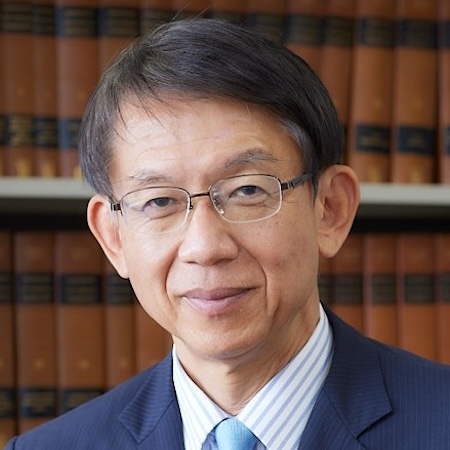
Ryosuke Takahashi
Professor, Kyoto University Research Administration Center
AMED Brain/MINDS 2.0 was launched as a national project on brain science in 2024. Based on the excellent research achievements of Brain/MINDS and Brain/MINDS Beyond, wide-ranging brain science will be vigorously promoted, covering a deeper understanding of basic brain functions, the elucidation of pathogenetic mechanisms, and the development of innovative therapies for psychiatric and neurological diseases, including schizophrenia and dementia. A newly established research theme in Brain/MINDS 2.0 is the “digital brain,” which is aimed at the computational brain science-based reconstruction of brain functions in a digital space using vast amounts of data from animals and humans. I hope that Brain/MINDS 2.0 will greatly contribute to the society through the fusion of wet and dry brain sciences.
From Program Officers
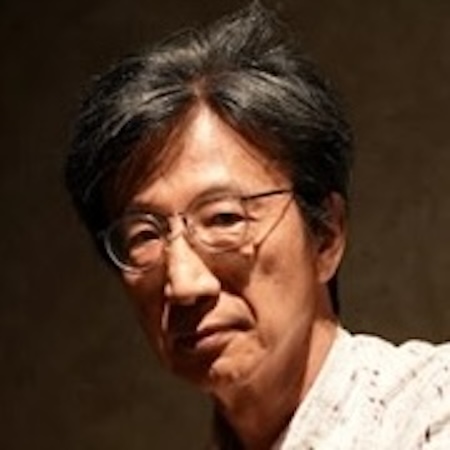
Kiyoshi Asai
Professor, Graduate School of Frontier Sciences, University of Tokyo
I am working to analyze RNA sequences and structures and to design nucleic acid sequences by utilizing AI technology. I have emphasized the critical importance of integrating databases with analysis tools in bioinformatics. I believe that developing databases and constructing the digital brain are pivotal challenges at the heart of the Brain/MINDS 2.0 platform. As a Program Officer, I am committed to achieving the successful development and effective utilization of the brain data integration platform.
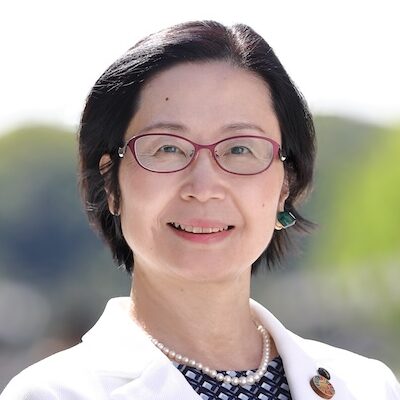
Noriko Osumi
Professor, Graduate School of Medicine, Tohoku University
As the birthrate declines and the population ages, mental health is becoming a major social issue of growing importance. The newly launched AMED Brain/MINDS 2.0 is envisioned to develop the “digital brain” based on imaging, comprehensive analysis, and the use of AI, all of which have made particularly remarkable progress, while covering the entire range of brain science research. As a Program Officer, I hope that brain science research in Japan will develop through exchange and collaboration among diverse brain science researchers in Themes 1–5, centered on the Core Organization.
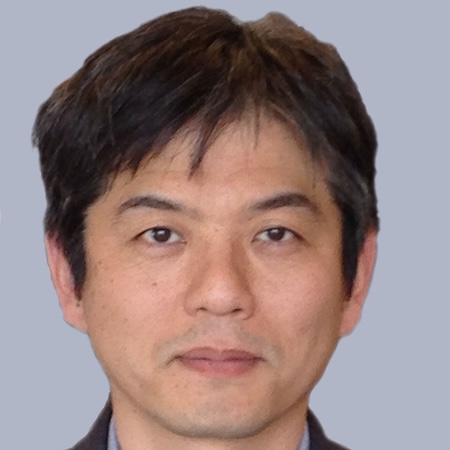
Toshihisa Ohtsuka
Professor, Department of Biochemistry,
Graduate School of Medicine/Faculty of Medicine,
University of Yamanashi
Among large-scale brain research projects in various countries worldwide that aim to achieve further development by leveraging their particular strengths, Japan has launched Brain/MINDS 2.0, focusing on the digital brain. In collaboration with the International Brain Initiative (IBI), there are calls for an all-Japan framework that utilizes Japan’s unique strengths. As a Program Officer, I am committed to providing guidance and advice to ensure the smooth progress of this program and to fulfilling my responsibility to meet the public’s expectations for brain science research. I sincerely appreciate your understanding and support.
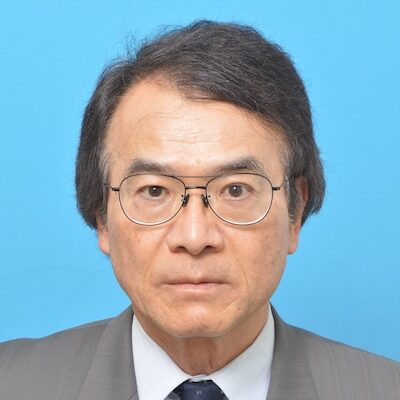
Masanobu Kano
Project Professor, Advanced Comprehensive Research Organization, Teikyo University / Professor Emeritus, The University of Tokyo,
I serve as a Program Officer for Theme 2 of Brain/MINDS 2.0: “Fundamental understanding of the dynamics of higher brain functions in humans.” This research theme focuses on advancing our understanding of higher brain functions in humans, such as cognition, learning and memory, emotion, decision-making, social cognition, and creativity. By utilizing model organisms, carrying out studies at the molecular, cellular, and neural circuit levels, and combining the research at different levels, this research domain aims to fundamentally uncover the dynamics that give rise to these complex brain functions. Through world-class basic research, I hope this research theme will contribute to understanding the mechanisms underlying psychiatric and neurological disorders.
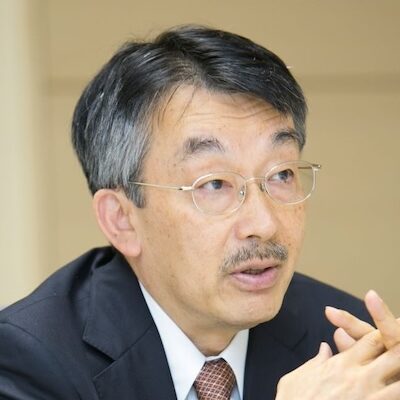
Shigenobu Kanba
Professor Emeritus, Kyushu University
Mental and neurological disorders occur in the brain, which is an incredibly complex organ. Understanding these disorders is not easy, and many disease mechanisms remain unclear, with existing treatments often proving unsatisfactory. Therefore, it is essential to conduct research through a comprehensive approach, including collaboration between basic and clinical research, partnerships between academia and industry, strengthening of international networks, and development of research foundations such as mathematical models (the digital brain). This program is designed with this understanding, and I hope it will lead to significant advances in the diagnosis and treatment of mental and neurological disorders and in drug seeds discovery for these disorders.
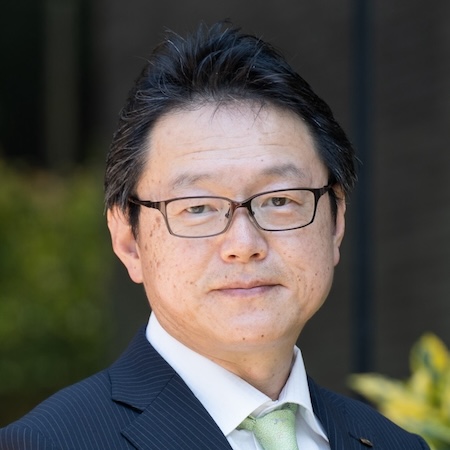
Kappei Tsukahara
Head of Tsukuba Research Laboratories, Senior Group Officer, Eisai Co., Ltd.
Drug discovery for neurological diseases, including dementia, is extremely challenging and remains an area with a low success rate. Through Brain/MINDS 2.0, we aim to correctly understand and redefine diseases, construct and verify new hypotheses backed by evidence from studies in humans, identify appropriate target molecules and biomarkers, and steadily advance the development of drug seeds discovery. By leveraging the “digital brain,” we aim to create new drugs with a higher success rate and to develop new diagnostic methods. Utilizing my extensive experience in drug discovery research, I will strive to nurture innovative ideas originating from Japan and contribute to their development.
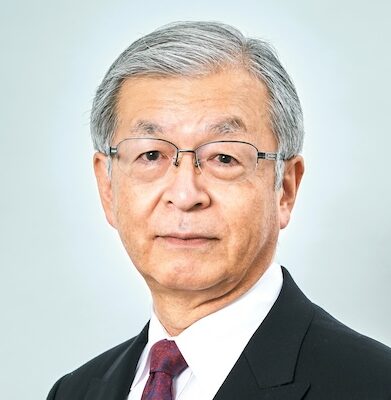
Ippei Hagiwara
Director and Secretary-General, Consortium for Applied Neuroscience
Fellow, NTTDATA Institute of Management Consulting, Inc.
The importance of promoting neuroscience research is rapidly increasing, especially in the fields of medicine, healthcare, and even AI. On the other hand, although Japan has many excellent researchers, the phase of evolving science into technology and implementing it in society is not necessarily strong. Science can greatly increase its social value through the integration of science with technology. In Brain/MINDS 2.0, as a Program Officer, I am determined to make even a small contribution by focusing on industry-academia-government collaboration, intellectual property, practical application strategies, and ELSI (ethical, legal, and social issues).
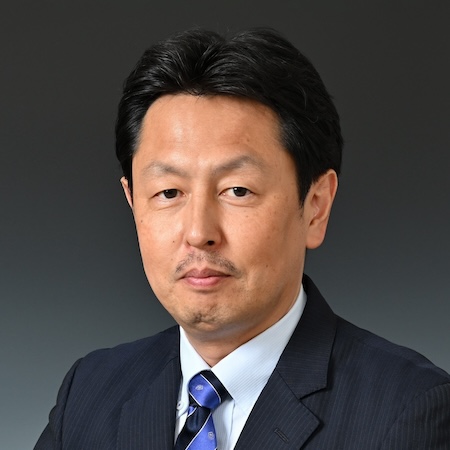
Tetsuya Matsuda
Professor, Tamagawa University Brain Science Institute
Brain MINDS 2.0 is a program aimed at overcoming brain diseases by uniting the efforts of Japanese researchers. Great results can be achieved when basic and clinical research are coordinated and projects are promoted by taking full advantage of Japan’s research strengths and resources. As a Program Officer, I intend to fulfill our responsibilities to achieve the project’s goals for neuroscience research under the direction of the program supervisor. Thank you very much for your understanding and support.
